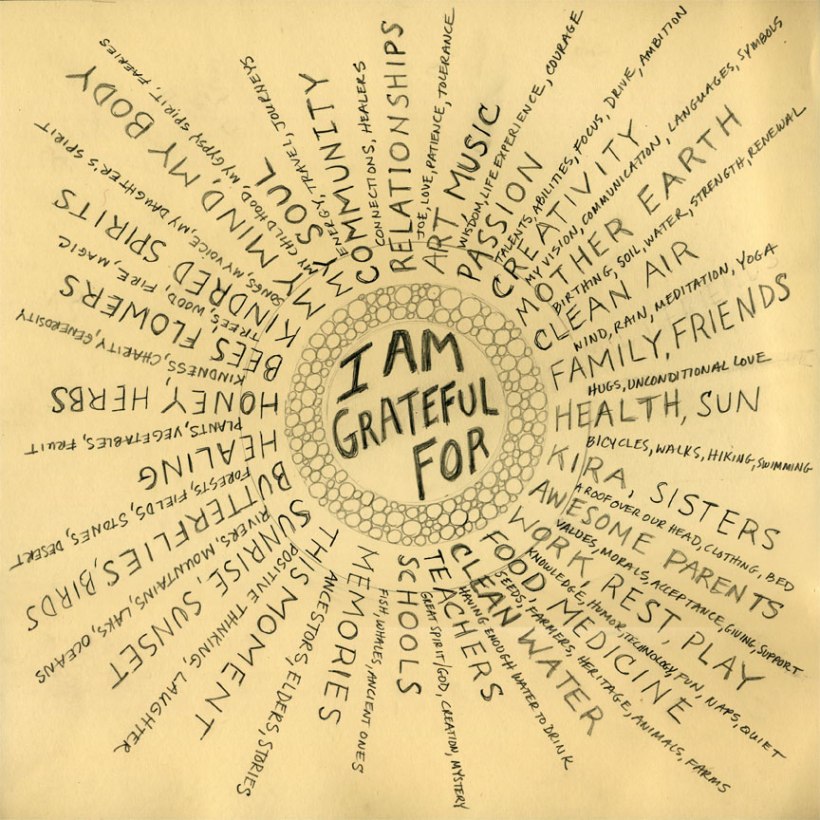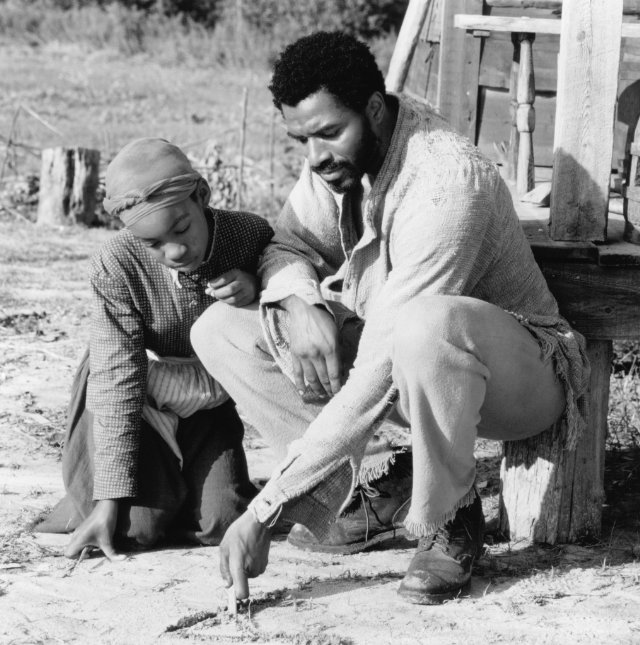Chapter 1 “Waiting for Eternity”
He told me I died.
That I was buried underneath the watery debris of the fallen dam I had been walking on moments before, causing my lungs to burst…and I died. It’s amazing how quick a life can be taken away. In one moment you’re there, and the next you’re just gone.
I was still working past the initial shock. What came after death wasn’t at all what I thought it would be. There was no bright light, no silver lining, no out of body experience.
In movies I had seen they always show the person crossing over to embrace a deceased loved one. I had been half-expecting Grandma Marie to be waiting for me and holding a pile of cookies. I wasn’t expecting a sullen skinny man named Gilbert.
The room I was currently in—well if I can even call it that—was white, just an endless chain of sanitary nothing.
“Where am I?” I asked.
“You died” he had said, plain and simple. As if there was nothing complicated about it. I knew that voice he used, my father had used it often. ‘It is what it is, and there’s nothing you can do about it now’. It was how he had reasoned with everything. My father and I were so different. I saw things with meaning and affection and, well, he didn’t.
“My name is Gilbert. I’ve been assigned to be your guide through this decision process. Tell me Alexandria, do you remember how you got here?”
I could hardly forget it. I was still coughing up water, could still feel my throat burning and my fear of not being able to breathe—drowning was a very unpleasant feeling.
He continued to stare at me through cold stony eyes. He looked human. He had sandy blonde hair and blue eyes, but there was no depth to him. He had no lines showing that he had ever fallen in love, been disappointed, or ever been afraid. He was just empty.
“The difference between you and I is that you still have your humanity. This is the place where you are cleansed before taken up to what is beyond.” He said coolly. “Your death was very unexpected so you have a choice to stay here or to go back to earth and continue a human life for one more year. There you will be permitted to deal with any unfinished business you may have.”
My thoughts seemed to get lost from the time Gilbert talked to me to the point where I had been ushered away like cattle to another room. Although the things he had told me were slowly starting to seep back into my consciences I was far to absorbed in the idea of getting the chance to go home to really listen to them.
Of course with any offer that was usually too good to be true there were some repercussions. He said as long as I had my humanity I would be easily perceptible to demons and seduction. If seduced I myself would become a demon and would carry out the job to seduce other potential crossovers. However I had already made up my mind on a impulse long before he could tell me about how dangerous it was.
He had me stand in one of two lines with a bunch of offhanded people in my soaked squashy shoes and dripping wet hair. As far as I could tell all of the people who had died suddenly were in my line and the others who died old or with a long term illness, who had prepared themselves for death, were in the other.
The white sanitary (well, whatever this place was) was filled with people, all dressed in a wide variety of outfits—whatever you were wearing when you died, that was what you were stuck with until you made the cross over. So if you died naked in a bath tub, that was it, stark naked for everyone to see. Everyone was very calm though, very still—not at all what you would expect a large crowd to look like.
Even I felt the strange sereneness from this place. I only had my thoughts to keep me company.
There were several pillars spread out through the wide room, but they blended in well with the rest of the white placements. There were four desks at the top of the lines where people who were as voided of their humanity as Gilbert were waiting. The marble floor looked ancient and new at the same time. Like it was made out of something you would see in Greek mythology, but it was so polished that it didn’t look aged.
I thought about how I ran away from home. I wasn’t sure how long ago it was now. Based on the medieval outfits and wide circus tent dresses I got the feeling that time wasn’t linear here. It had been pouring buckets of rain, but in my stubborn state I couldn’t see the danger in that scenario. My mother was yelling at me and I was yelling for reasons I can’t even remember…I knew my father would just take her side so I packed my backpack and snuck out my window. I thought I could just drop out of school and join a band or something awesome like that.
There was a dam that separated my house from the town, from my escape, and I tried to climb over it. Half way there the flood swallowed the sticks and pulled me down with it. I wondered if my family even knew I was gone. Would they care? Would it even make a difference?
“Alexandria Watson” a woman spoke softly motioning with her long stiff neck for me to take a seat in the chair across from her desk.
The lady sitting across from me—Petunia Plattwood, she said was her name—was oblivious to my inner struggle. She just sat there behind her desk, patiently as if nothing affected her. This seemed to be a pattern here. I suppose I couldn’t expect to see a friendly face when everyone had been drained of humanity.
I exhaled deeply and plopped down. She already had my file in front of her. I wondered if it was like a longer version of Santa’s Nice and Naughty list. I got the feeling that I would never know.
“Are you sure that this is what you want?” she asked slowly, turning through the pages of my file. There was a certain aristocracy in her high-pitched voice, as if there was more than just a glass desk standing between us. She was dressed in a polished pink jacket and a matching pin skirt and tiny top hat. It was almost comical that even in death people cared what they looked like. Her manicured hands clasped in front of her on the desk as she waited patiently for my answer.
I slumped back in my chair, but after a pointed look from her I straightened myself and nodded.
“I am,” I said, grinding my teeth together. This was another thing that I thought would pass after I had died. I had ground my teeth down so much that I had been forced to wear a retainer at night for protection. I couldn’t say I was going to miss that thing.
I knew what she probably thought of me. Soggy converse shoes, skinny jeans and a large oversized Guns N’ Roses t-shirt. I hadn’t fit in much in life so why would I expect any different in death? I had inherited my mother’s face—her blue eyes, plump lips and ebony hair, but that was about as far as anyone would go in calling me beautiful. I despised my lean form and my dainty little feet. To top it off I was stuck at 17.
More than anything else that defined the received condescending look from her eyes. I was a teenager, therefore I knew absolutely nothing.
My parents were always giving me this look—and that’s why I did it, ran off I mean…to show them that I could take care of myself. Perhaps if I had listened to them I wouldn’t be in this position at all. I would be home, warm and tucked under my blankets while my mom made me dinner. If I was less stubborn it would be easier to acknowledge, but I didn’t want to feel guilty. My own selfishness was the only thing that kept me from falling apart at the news of my own demise.
“This decision should not be taken lightly Alexandria” Petunia said calmly. “Going back to earth is dangerous no matter what the circumstances are. You haven’t been fully cleansed of your humanity so you are an easy target of seduction.”
I smiled slightly, but thought it would be inappropriate to laugh.
“Look when I got here—my guide, Gilly”
“Gilbert” she corrected.
“Gilbert, he already gave me the whole run down on everything”
I could recall all of the ominous warnings he had given me. I’m sure he meant to sound intimidating, but I was too excited as such a prospect to care.
Gilbert had told me the basics…everyone had a guide when they died, to explain things and to let it sink in before sending you on your way to deal with people like Petunia. Death was a very complicated process.
He explained how the choice was able to make now had been made after the incident with the fallen angels. He said that they now wanted to take precautions to make sure the ones who went to heaven were going to stay there.
“When a soul is put back on earth they are up for grabs for both sides. It’s up to you to prove your worth and to stay out of harm’s way. Manipulation on your new vulnerability is one of the key components that the demons use to turn you. It’s a very dangerous game.” He told me.
Petunia straightened and then paused briefly.
“Alexandria, you are still very much tormented with humanity, and you died very young so you will be a more perceptible target. Demons are not what you would expect them to be. They look like ordinary people, the mailman, a cute boy in your math class, a librarian…. And they will say or do anything to possess your soul.”
“I understand” I said, “I do, really”
She took a deep breath and then nodded once.
“As you wish, you will be given one human year to get it together and then you will be taken up here to get cleansed, assuming that in that year a demon doesn’t conquer you first, which in that case I am afraid there isn’t anything we can do. Rules; one, no one from your previous life will be able to see you, so in order to keep a low profile you must make sure that the other mortals do not realize this. Two, you are no longer human even if you do have a presence on earth so you will not ever be hungry or tired…but all of your human instincts will be heightened. It’s important that you try to stay away from emotions of anger or jealousy or greed which will draw you out to a demon.”
She opened a clear box and pressed a big button that made the chair I was sitting in sink into the ground. It all passed in a flash. I could feel my hair go up into the air and my hands clenched down on the seat I was sitting on for fear of falling off of it, but in an instant it was over. The chair was gone, as was the white room and Petunia. I was at my hometown sitting in a pew of a church. I should’ve known I’d end up here. It felt strange to feel the smooth russet wood under my white fingertips. I had never been to this church before, but something about it made me feel at ease. There were worn bibles along the back of the pew in front of me and the carpet was emerald green. The sun shone through the stainless glass windows and broke out in a rainbow of colors. It was refreshing to see color that wasn’t white.
I got up, my legs shaky and I moved out to the aisle. At the front of the aisle a priest stood. He looked ancient. He had wrinkled turtle skin, white ashy hair and glasses. He was reading out of the bible marking passages with a pen. When he heard me get up his head lifted to mine. He winked when he saw me and I gulped surprised that he knew who I was.
“Alexandria?” he said. I nodded and walked over to him. “I was expecting you. You’ll find what you need in that box over there.” He continued, pointing to a box at the end of the room. He continued to mark passages not phased by me.
I walked over to the wooden box. It reminded me of one those things they use in sermons that you pull bread out of. There was a simple cross engraved on the top and a small latch to open in the front. I wasn’t sure if I’d even be able to touch it. In all of the movies I had seen, when a dead person tried to touch something there hand would shoot right through it. I placed my hand on it carefully, and at the feel of smooth wood I opened it and grimaced. There were clothes—very preppy, expensive looking clothes, an I.D.—on it was a picture of me, and a changed last name…Alexandria Watson had now become Alexandria Angel. I rolled my eyes at the irony.
I had absolutely no idea where to start or what exactly I was supposed to learn from all of this. Part of me was still hoping that it would all turn out to be a bad dream. All I cared about was getting my life back. The rest would follow.
Little did I know the smell of my arrival had already struck a loud chord through the damned. The taloned hand of the devil scraped through the earth, pointing in my direction…letting the demonic wasteland know that another injured bird had landed. The hand had already started to close…like a fly trap, waiting for the inevitable.
I should’ve stayed home.






